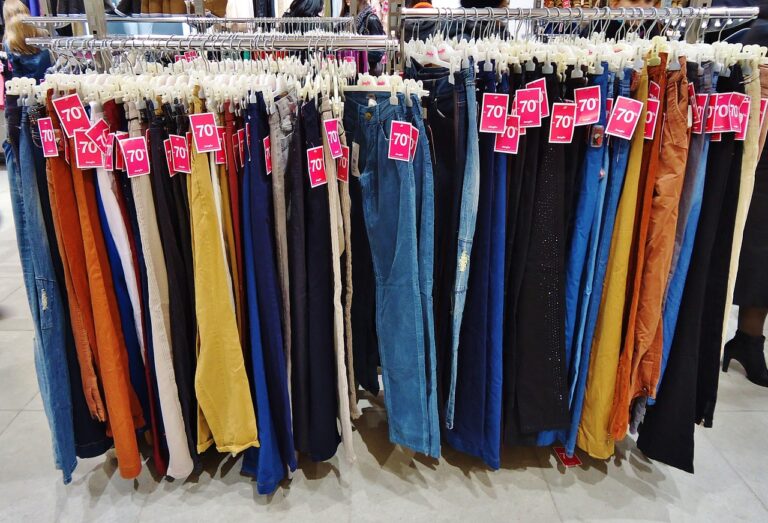The Psychology of Free Samples: How Sampling Influences Buying Decisions
When it comes to making a purchase decision, nothing beats the experience of trying out a product before committing to buying it. This firsthand experience allows consumers to get a feel for the product, test its functionality, and assess its quality. By touching, smelling, hearing, or even tasting the product, individuals can gather valuable information that goes beyond what a mere description or image can convey.
The sensory input gained from experiencing a product in person can greatly influence a consumer’s perception and judgment. It helps individuals form a more concrete and realistic expectation of what to expect from the product, leading to a more informed decision-making process. This tangible experience not only builds trust and confidence in the product but also enhances the overall shopping experience for the consumer.
The Influence of Free Samples on Consumer Behavior
Free samples play a crucial role in shaping consumer behavior. By offering free samples, businesses allow potential customers to experience their products firsthand, creating a sense of familiarity and trust. This direct experience often leads to a greater likelihood of purchase as consumers are more likely to invest in products they have already tried and enjoyed.
Moreover, free samples can also trigger the principle of reciprocity in consumers, where individuals feel inclined to return the favor by making a purchase. This psychological effect can significantly impact buying decisions, as consumers feel a sense of obligation to reciprocate the gesture of receiving a complimentary sample. As a result, free samples not only influence consumer behavior by providing a preview of the product but also by tapping into the innate need for reciprocity among individuals.
Do free samples really influence consumer behavior?
Yes, free samples have been shown to significantly impact consumer behavior by allowing individuals to experience a product before making a purchasing decision.
How can free samples affect a consumer’s likelihood to purchase a product?
Free samples can increase a consumer’s likelihood to purchase a product by building trust, familiarity, and a positive perception of the brand.
Are there any downsides to offering free samples?
While free samples can be effective in influencing consumer behavior, there are potential downsides such as the cost of providing samples and the risk of attracting consumers who are only interested in freebies.
How can businesses effectively utilize free samples to drive sales?
Businesses can effectively utilize free samples by targeting the right audience, creating a positive sampling experience, and providing clear information on how to purchase the product.
Do free samples have a lasting impact on consumer behavior?
Yes, free samples can have a lasting impact on consumer behavior by creating brand loyalty, word-of-mouth marketing, and repeat purchases.





